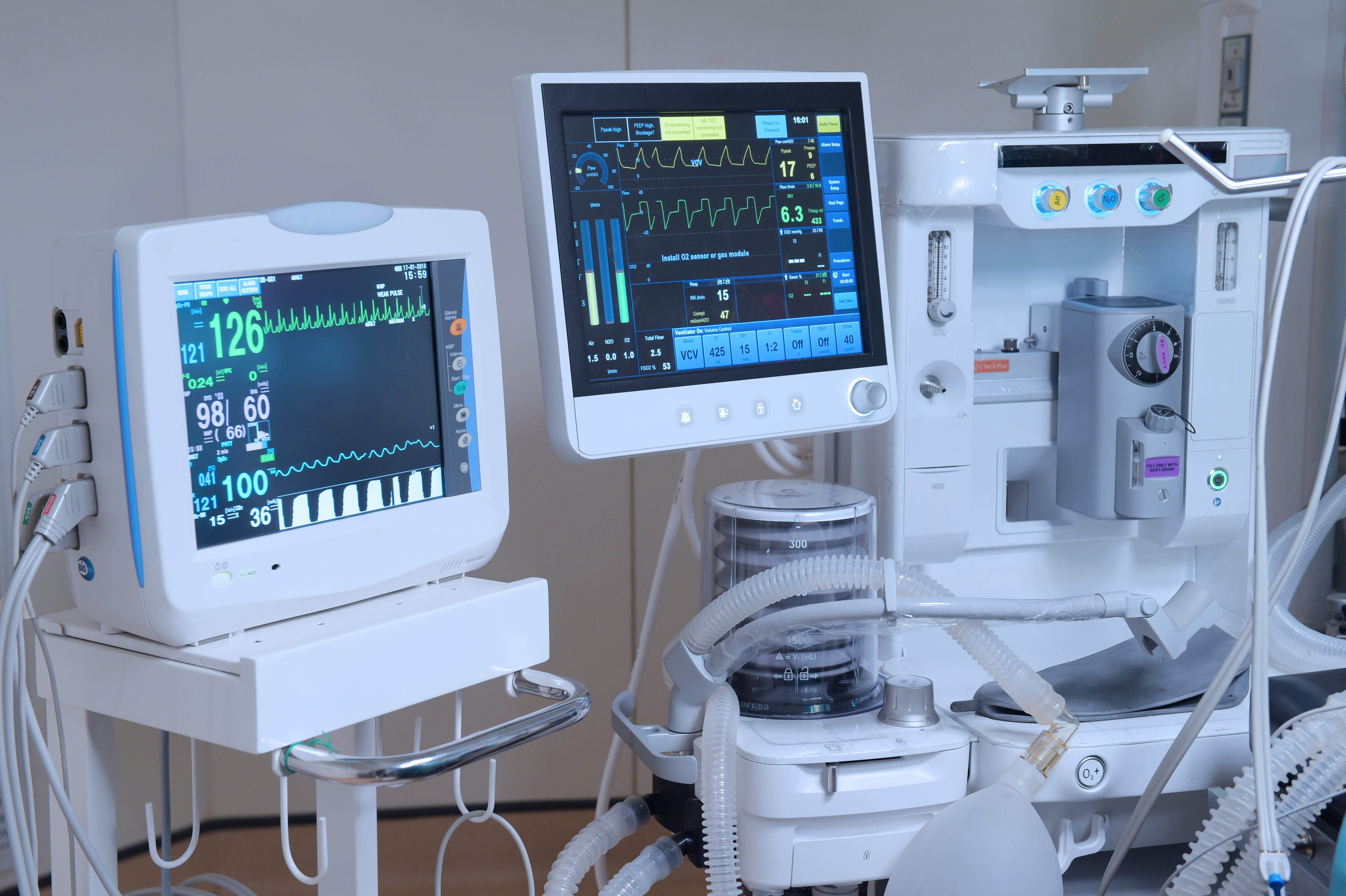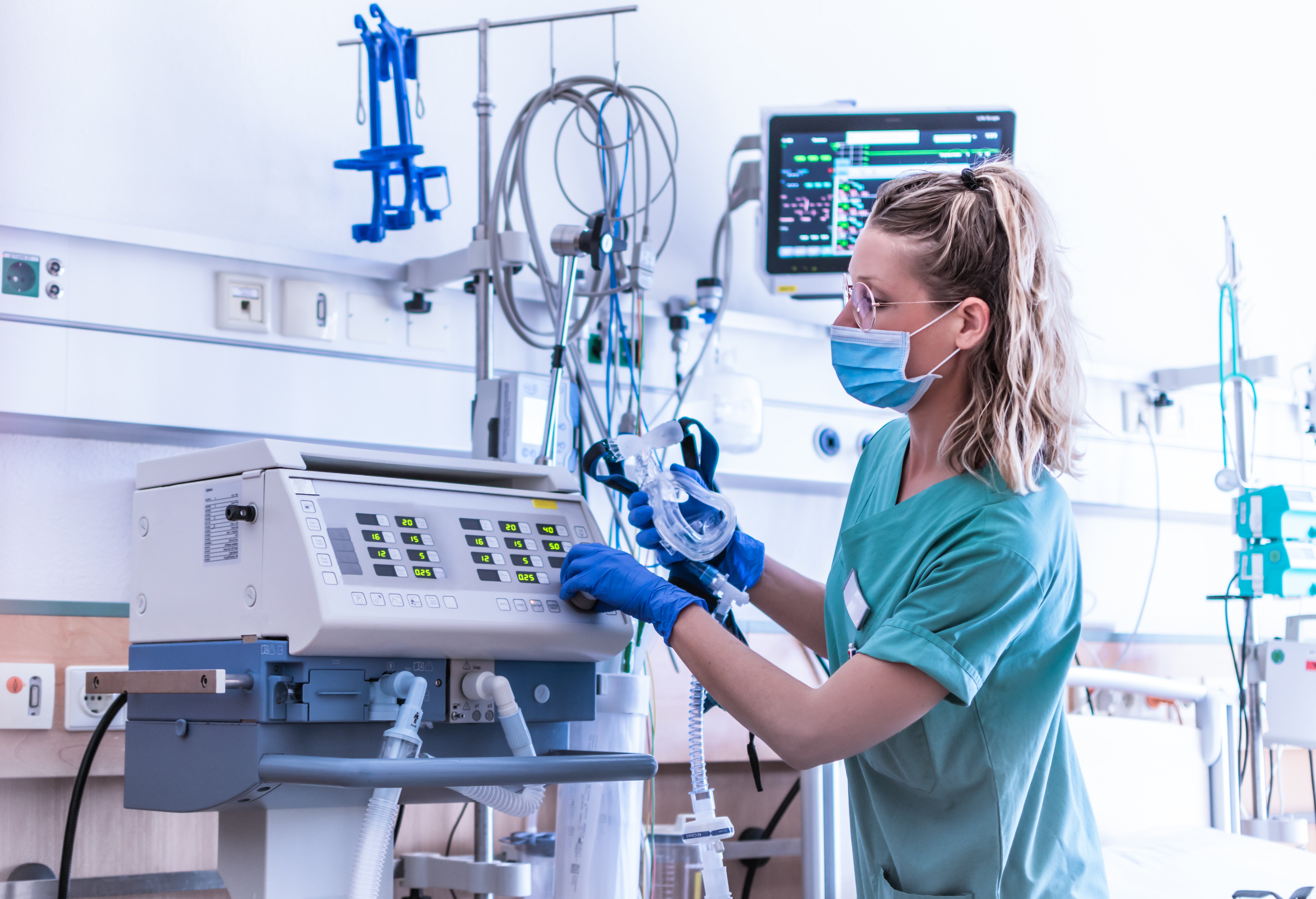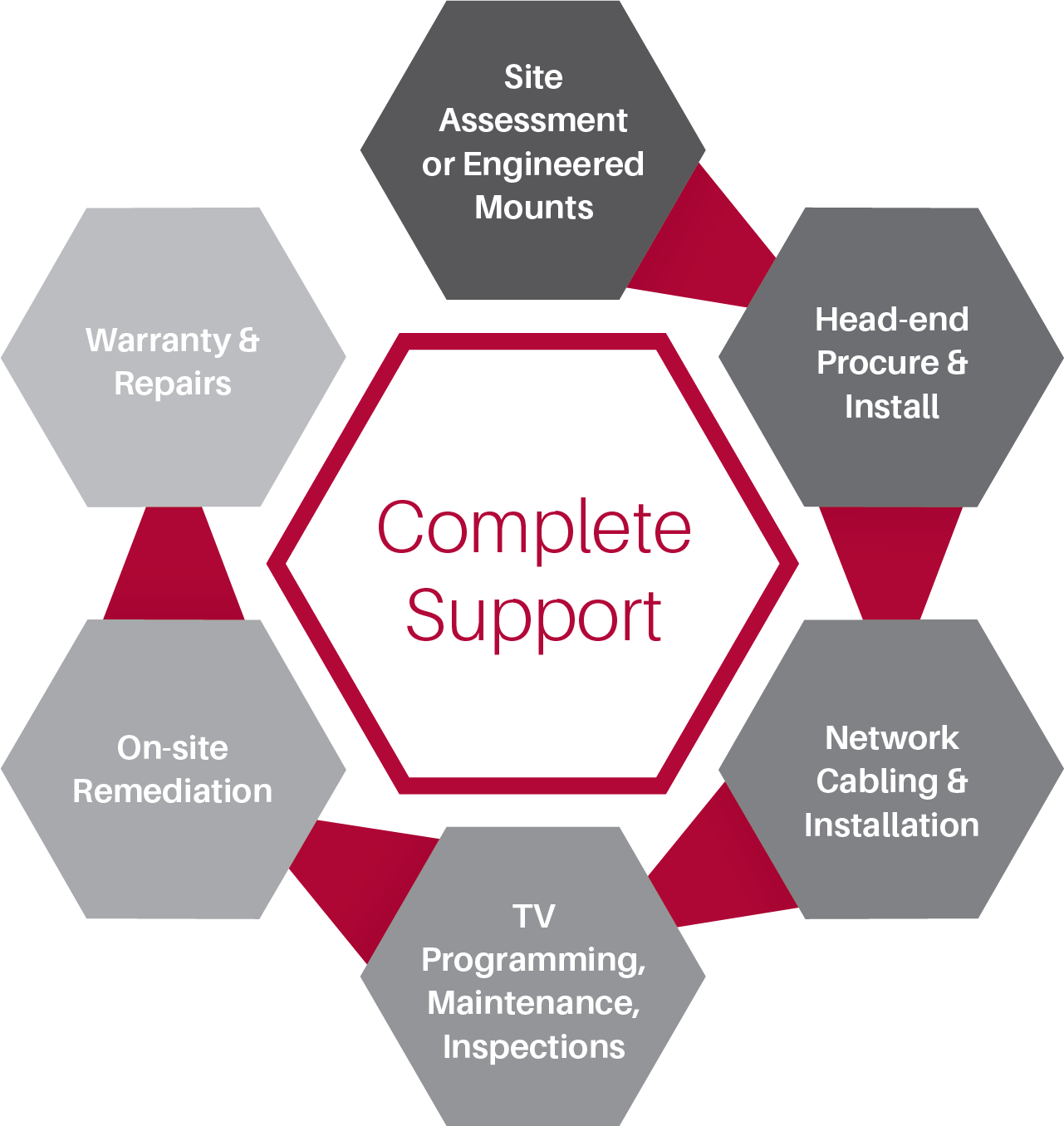TV Solutions for Long-Term Care
When it comes to implementing an entertainment system at a long-term care facility, the signal source, head-end equipment, and installation process...
2 min read
Kayleigh DeLaet
:
March 4, 2024

Healthcare facility managers grapple with numerous expenses, from labor and medical supplies to prescription drugs and utilities. Among these, the cost of medical equipment stands out as one of the most significant.
The decision to buy or lease equipment is a common dilemma for healthcare facility staff. Each option presents its own set of advantages and disadvantages, and understanding these is crucial in making decisions that align with your facility's goals and financial circumstances.
Read more to learn how to make the right choice for your facility.

PDi now provides equipment leasing for all products, including TVs, arms, mounts, and low-voltage power supplies to make implementing patient TV systems more accessible and less cost-prohibitive.
Request a quote today.


Determining whether medical equipment leasing is the right fit for your healthcare facility requires careful consideration of various factors.
Healthcare facility staff should carefully weigh the pros and cons of medical equipment leasing to determine the best course of action for their specific circumstances. By analyzing financial capabilities, equipment needs, and long-term goals, facility managers can make informed decisions that optimize patient care and operational efficiency.

When it comes to implementing an entertainment system at a long-term care facility, the signal source, head-end equipment, and installation process...

Staying informed and current is crucial for facility managers looking to navigate the ever-changing landscape of the healthcare industry. With so...

1 min read
It may feel like you should be able to easily choose just any TV you want for your healthcare facility. We do that for our homes, why not in a place...